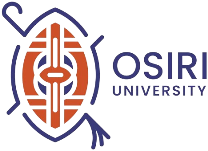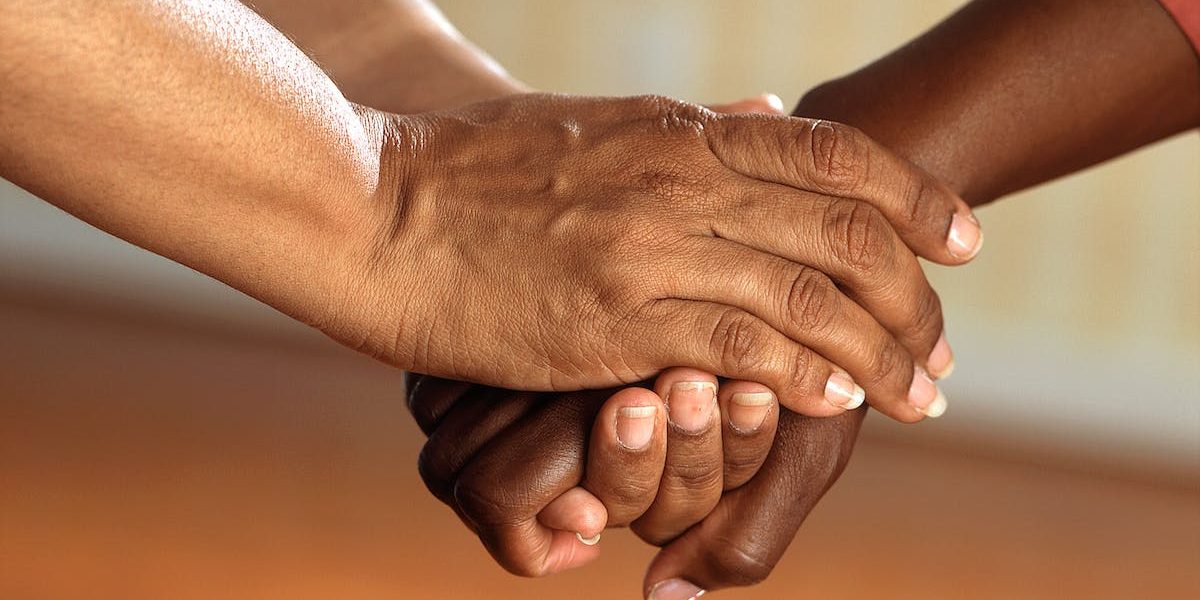In a world marred by conflict and hatred in places like Israel, Palestine, Russia and Ukraine, Africans are no strangers to division and turmoil. The continent bears the scars of historical conflicts, from the Biafran war and its genocide (1967-1970) to the Rwandan genocide (1994), as well as ongoing crises in Ethiopian (since 2020) and Sudan (since 2023). These conflicts, though sometimes invisible to the rest of the world, continue to influence our lives today.
Africa’s history is one of many firsts, innovations, and triumphs. It is also one of oppression, pillaged, and shattered cultures. It is natural to harbor resentment against perceived oppressors, but we face a choice: perpetuate the cycle of hate or embrace Ubuntu – a philosophy rooted in community, compassion, cooperation, and co-prosperity. The time has come for Africans to lead with humanity, to be beacons of hope, and to demonstrate the power of Ubuntu in our communities and to the world.
We must draw wisdom from our own history and understand the grave consequences of hate-fueled conflicts. My father, a veteran of the Biafran war, recounted the devastation wrought by ethnic division, mistrust, and genocide. As Ubuntu people, Africans are called to heal the world and lead by example. Even in the face of adversity, we can forge a different path. Consider these inspiring examples:
Botswana’s Democratic Success: The founders of postcolonial Botswana designed a political system mirroring their traditional culture, guided by the Setswana saying, “Kgosi ke Kgosi ka batho”: a chief is a chief by the will of the people. Chiefs speak last at the kgotla, the village gathering place, emphasizing community input. Thus, Botswana has a long history of stable governance and respect for the rule of law. It has experienced peaceful transitions of power since gaining independence in 1966.
South Africa’s Liberation: South Africa’s transition from apartheid to democracy relied on the deep-seated belief in Ubuntu. Nelson Mandela’s leadership, emphasizing community and compassion, initiated a national healing process that continues today, awaiting economic and social justice for all.
Community-Led Peace Initiatives: Across Africa, communities are fostering understanding and cooperation among diverse groups, leading to numerous conflict resolution initiatives. Recently, African leaders, including heads of state and government, journeyed to Ukraine and Russia in pursuit of peace in the Russia-Ukraine war.
To lead with Ubuntu, we must take two crucial steps:
- Prioritize Transformation Education and Economic Development: Transformative education dispels ignorance, promotes empathy, and fuels innovation. It should also nurture entrepreneurship and sustainable economic growth.
- Promote Inclusivity, Freedom of Thought, and Open Dialogue: We must recognize our diversity as an asset, celebrate our differences, and champion freedom of speech and expression. Let Africa be renowned for stories of healing, reconciliation, and progress.
Together, we can be the beacon of hope that guides the world toward a more just and harmonious future. Embracing Ubuntu can lead us to a brighter, more united world.


